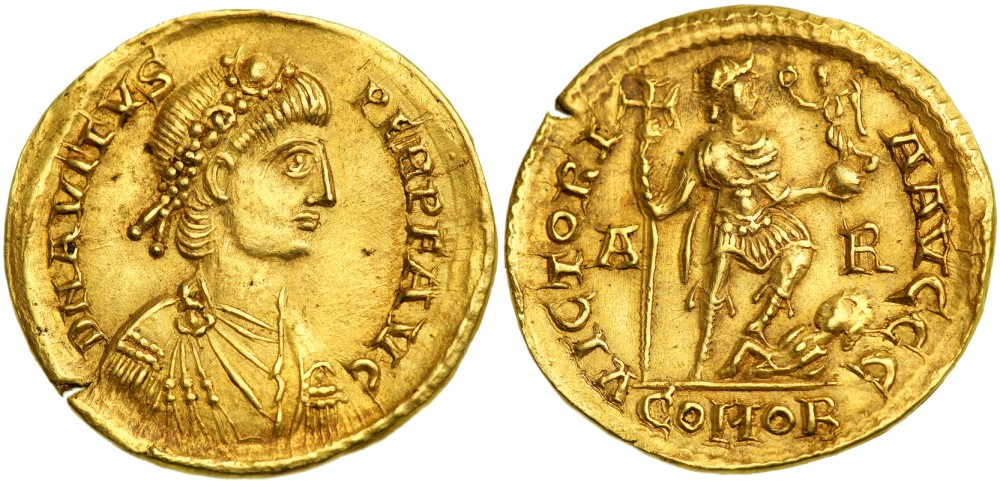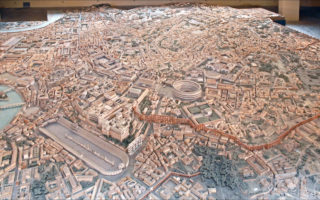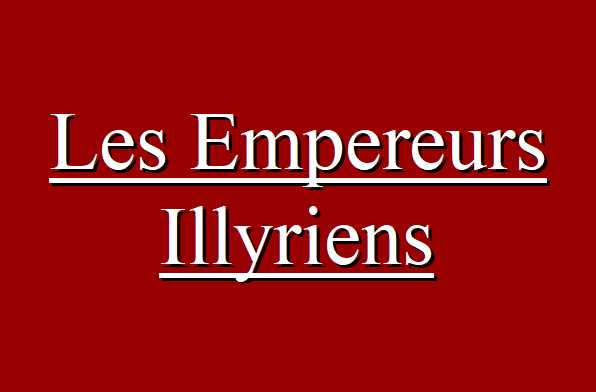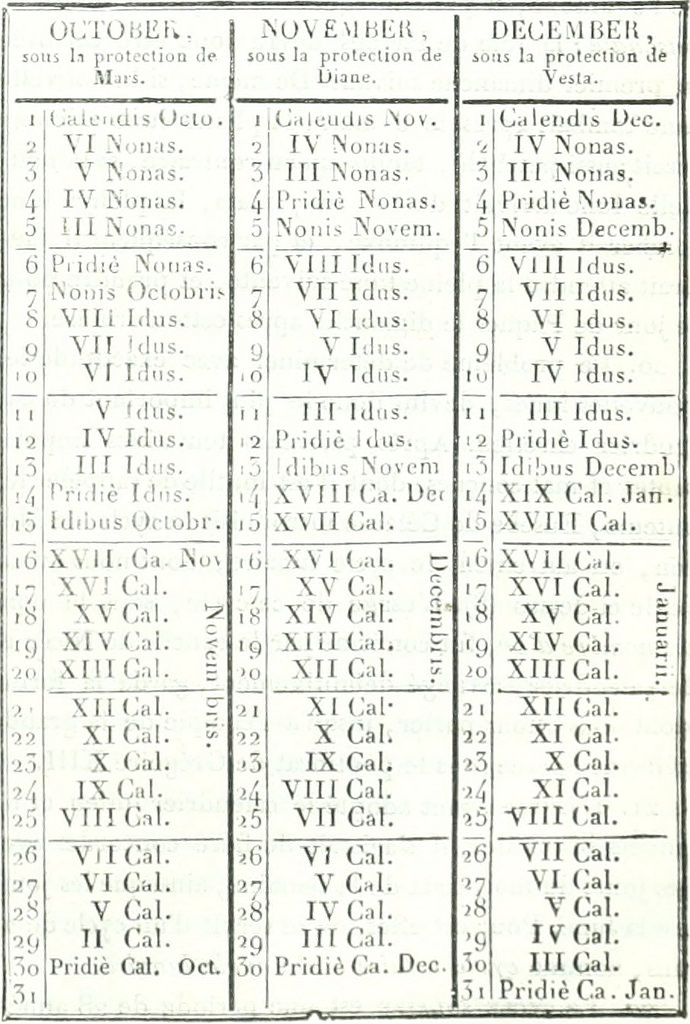Hi, today I will still tell you about a character from ancient Rome, specifically a Roman emperor. This emperor is little known but very important to me. He is not important to me by the actions he carried out during his reign but more by his origin. Indeed, this emperor came from Auvergne, my native region. This is the Roman emperor Auvergnat Avitus.

Avitus was born in 395 AD and died in 456 AD. He was Roman emperor of the West (France, present-day England, Spain, Italy and some countries near the Mediterranean Sea). From 455 to 456 AD, just over a year.
Before his reign, he restored peace with the Visigoths, was a military man and did several military campaigns. He then became in 437 AD, magister militum and also helped to stop the siege of Narbo. He then became praefectus praetorio in 439 AD. Later, he became a millitum magister by the current emperor at that time: Petrone Maximus. And he was sent on a diplomatic mission to the king of the Visigoth, Theodoric II.
It was at this time that Genséric ended the reign of Petrone Maxime. Thus, it was in 455 that Avitus was appointed emperor. But because of his Gallic origins, he found it difficult to be accepted as emperor by the inhabitants of Italy. Following the failure of his campaigns against the Vandals and the blockade of the Vandals on Rome, his reign became difficult. As a result, a coup d’etat was created. He was forced to flee to Arles. There, he assembled a small army with the men he had on hand and returned to Italy in order to regain control but lost to Placentia. He was taken prisoner and the title of Bishop of Placentia was proposed to him, but very quickly the Senate decided to decline this proposal.
Later, he is afraid of being murdered and returns to Gaul but dies on the journey in mysterious conditions. He was reportedly buried in the town of Brioude, at the Saint-Julien altar. During his life, he owned several mansions, land and a lake near the present-day town of Clermont-Ferrand.
This is the short summary of the life of Avitus, I hope that you will have liked this article and that it will have allowed you to discover a little-known emperor. Next week’s article will be “Roman Coins, a way of communication”. I will introduce you in the latter that the currencies, although they were basically made to pay, were also used as a means of announcement and therefore of communication. See you next week!
Get my free book Around the Roman Coins by clicking here



